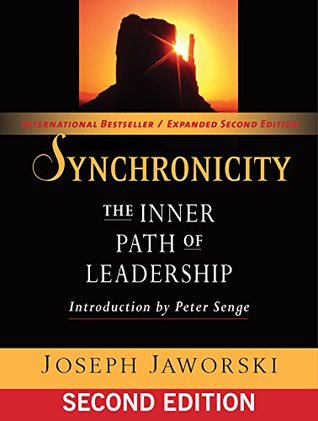More on this book
Kindle Notes & Highlights
Eric Fromm, To Have or To Be? (New York: Harper & Row, 1976). See pp. 108–09 for Fromm’s discussion of freedom and the mode of existence symbolically represented by the hero.
John W. Gardner, No Easy Victories (New York: Harper Colophon Books, 1968). Chapter 12 of this book is the most lucid and inspiring message about the need for community leadership I have ever read. It’s as true today as it was twenty-five years ago.
John W. Gardner, On Leadership (New York: The Free Press, 1990), p. 199.
Rollo May, Freedom and Destiny (New York: W. W. Norton & Company, 1981). I recommend this book to anyone taking the inner path to leadership. May suggests that freedom loses its solid foundation without its opposite, destiny, which sets up the necessary creative tension and gives freedom its viability (p. 16). He also says that after pursuing our destiny for many years, we may arrive at a point where our freedom and destiny seem united. This was true of Martin Luther, who, when he nailed his ninety-nine theses on the door of the cathedral at Wittenberg, said, “Here I stand, I can do no other.”
...more
In addition to Jung’s classic essay on synchronicity, see also F. David Peat, Synchronicity: The Bridge Between Matter and Mind (New York: Bantam, 1987).
Isaacs’ book, Dialogue: The Art of Thinking Together (forthcoming from Doubleday)
David Bohm, “Epilogue” in Unfolding Meaning
H. Maturana and F. Varela, The Tree of Knowledge (Boston: Shambhala, 1991 [1987]).
The late Jonas Salk, who brought polio under control with the vaccine he developed, also spoke of a universe that unfolds kaleidoscopically according to a deeply ingrained order.
“I have come to recognize evolution,” he said, “not only as an active process that I am experiencing all the time, but as something I can guide by the choices I make.
Martin Buber, I and Thou, trans. Smith, p.
O. Scharmer, Theory U: Leading from the Future as it Emerges (San Francisco: Berrett-Koehler, 2009); and A. Kahane, Power and Love: A Theory and Practice of Social Change (San Francisco: Berrett-Koehler, 2010).
F. D. Peat, Infinite Potential: The Life and Times of David Bohm. (Boston: Addison Wesley Longman, 1996).


